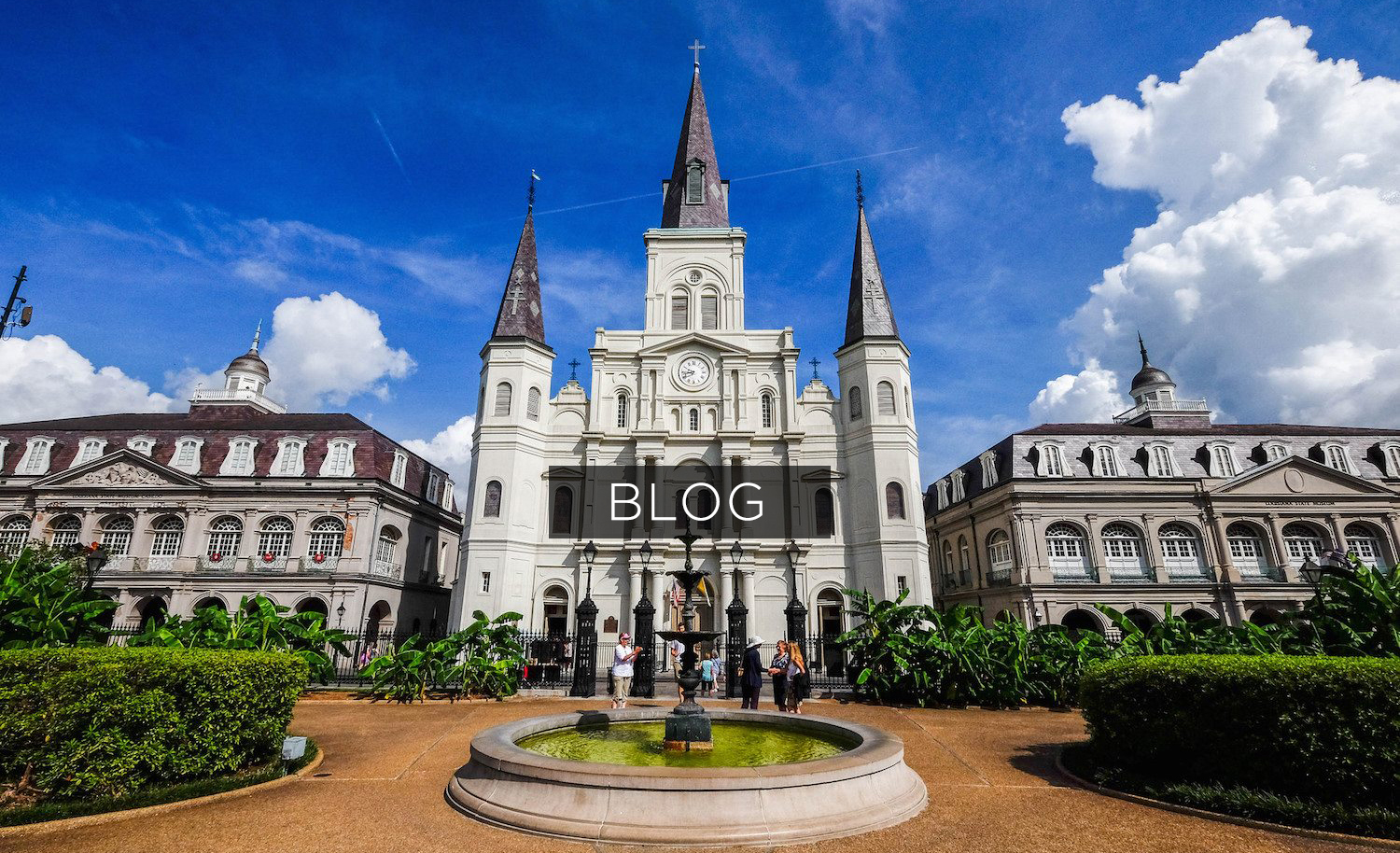Celebrating the Birthday of Earl King
John Dunlop
Singer-songwriter and guitarist Earl King (Earl Silas Johnson) was born in New Orleans on February 7, 1934. King started playing guitar at 15, entered local talent contests, and met his idol, Guitar Slim, at one such contest at the Dew Drop Inn. In 1954, King toured with Guitar Slim's band, representing himself as Slim, after an automobile accident had sidelined Slim.King ultimately became a regular at the Inn, and made his first recording in 1953 as Earl Johnson. In 1955 his hit song “Those Lonely, Lonely Nights” reached number 7 on the BillboardR&B chart. The legendary Dave Bartholomew invited King to record for Imperial Records in 1960, and it was there that he recorded his signature songs “Trick Bag” and “Come On”.
While King did not record for much of the 1960s, he was very productive producing and songwriting for local labels, including the iconic “Big Chief” recorded by Professor Longhair. He recorded a few tracks for Motown Records in the mid-1960s, and in 1972 he recorded the album Street Paradewith Allen Toussaint and the Meters, which was ultimately released in 1982. King appeared on the New Orleans Jazz & Heritage Festival 1976, recorded the album That Good Old New Orleans Rock ‘n Roll, released in 1977. His 1986 album Glazedwas nominated for a Grammy Award. He released two more albums in the 1990s featuring such luminaries as Snooks Eaglin, George Porter, Jr., and David Torkanosky. King performed off and on locally until his death.
Earl King passed away on April 17, 2003, just a week before the New Orleans Jazz & Heritage Festival. And in typical New Orleans style, his funeral was held during the festival with many musicians in attendance, including Dr. John, Aaron Neville, and Leo Nocentelli. On this day we remember one of the greats of New Orleans Blues!
Photo by: Masahiro Sumori






